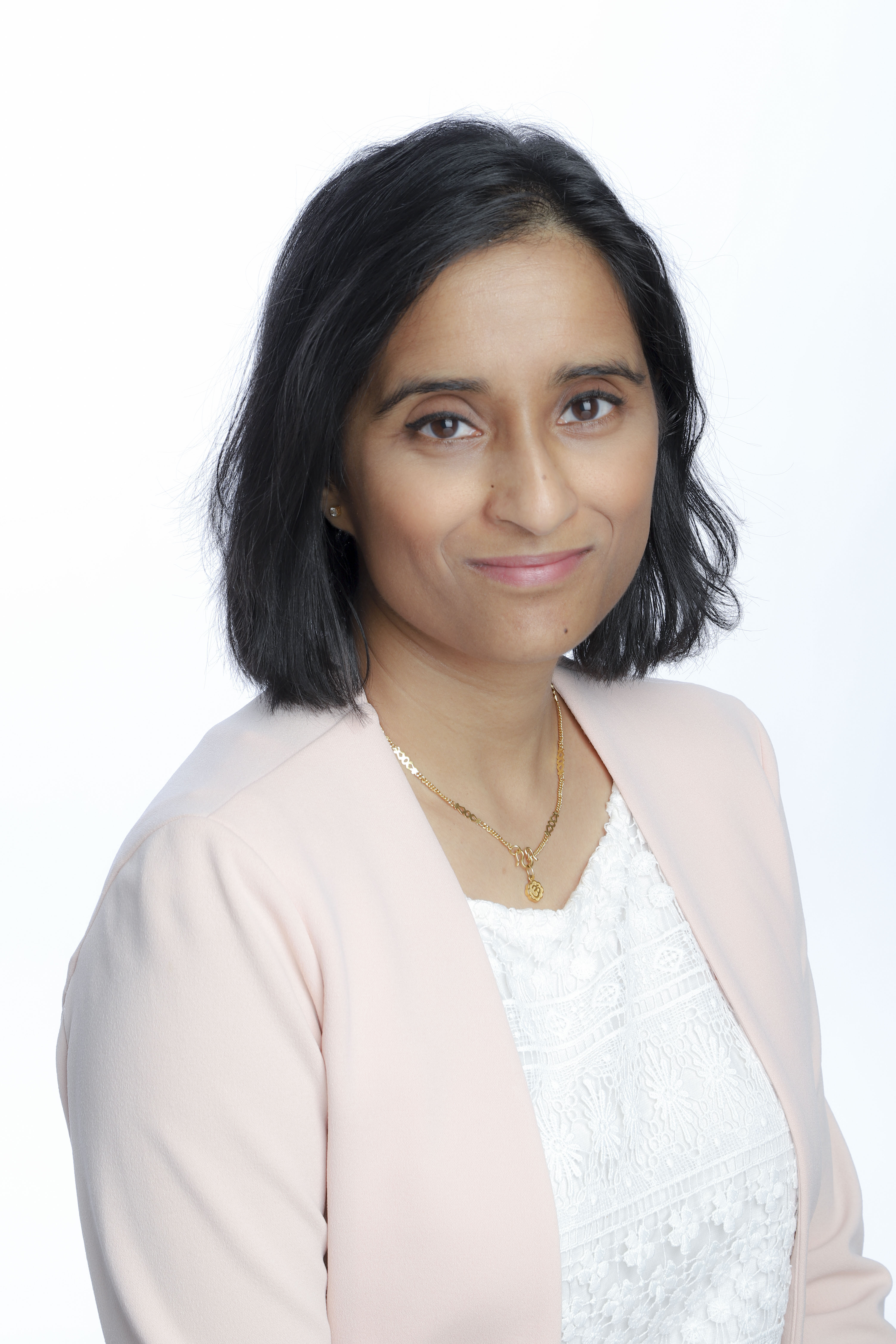
PARO’s Clinical Teaching Award recognizes the essential role that good clinical teachers play in the training of new physicians.
Dr. Shoba Sujana Kumar, University of Toronto
Dr. Shoba Sujana Kumar is an Assistant Professor in the Department of Medicine at the University of Toronto and has an MSc in Community Health and Medical Education. She is an active teacher in both undergraduate and postgraduate education – she is director of the Internal Medicine Academic Half Day at the University of Toronto and site director for Endocrinology at Women’s College Hospital. Dr. Sujana Kumar has been co-chair of the annual “Diabetes Week” course for incoming PGY4s in Endocrinology since 2010. At the hospital level, she is also chair of Medical Grand Rounds and the Education Committee at WCH and director of the Endocrine Preconception and Pregnancy Program. Her clinical interests include diabetes, endocrinology of pregnancy, PCOS and thyroid cancer, and she also works in internal medicine in the Acute Ambulatory Care Unit.
What has fuelled your passion for teaching?
Always my learners! I remember feeling that excitement as a learner myself, when I thought through a problem, or made a new diagnosis, and I love seeing that same spark in the students and residents I teach now. Plus, teaching goes both ways – teaching them forces me to question things and think in new ways and I learn a lot myself from having them around.
If your students only remember one thing you’ve taught them, what would you want that to be?
To listen to your patients, and to practice kindness – towards them and towards yourself.
In these challenging times of COVID-19, can you share your perspective about teaching residents?
Teaching is still important, even in challenging times! Residents and students still need to learn, as that is their primary job, and we still need to teach them. And, whether in person or (now) virtually, maintaining regular teaching provides some semblance of normalcy, and I think this is needed for everyone’s wellness. I kept hearing from colleagues at the start of this pandemic that we should just cancel teaching sessions as they were not high priority and would be more stressful for learners. In fact, I think the opposite is true, and the residents are happy to have some consistency and teaching points that they can utilize both now and when the pandemic is over.
How does the currently popular phrase “we’re all in this together” apply to the community of residents you have spent the last few years with?
The residents I work with are amazing – they were before the pandemic and through the pandemic, and they will become great physician leaders, scientists and educators going forward! They have come together and supported each other, worked hard to get us through all of this and have persevered with humour. They reassure me that our medical care is indeed in good hands for years to come.
What one piece of advice do you have for future clinical teachers?
Follow the cues of your learners and what they want/need at any given time. See above. Sometimes that is teaching, but sometimes it may be that they need personal time, support and a listening ear. Supporting them in and during their training is just as important as the pieces of clinical knowledge that we impart and is something they will take with them long after residency finishes.
Do you have a personal mantra that inspires your love of medicine?
Always try to see the person behind the illness, to understand what they are going through – this always fuels how people view and experience illness, as well as how we can help them on their journey. Plus, it is their stories and their lives that stick with you the most.
Finish this sentence: A great role model is someone who … inspires others to be a better version of themselves.


